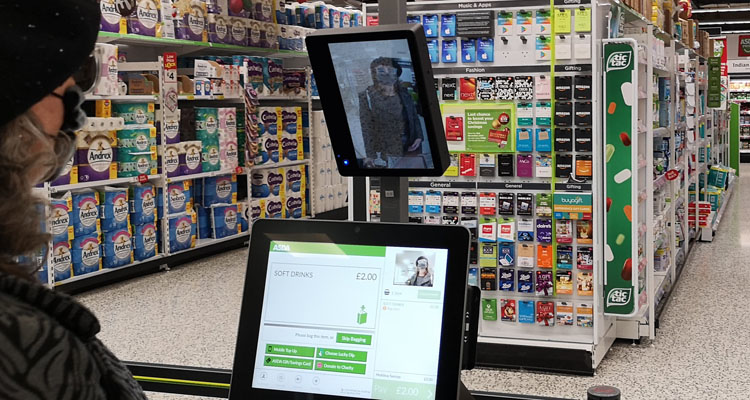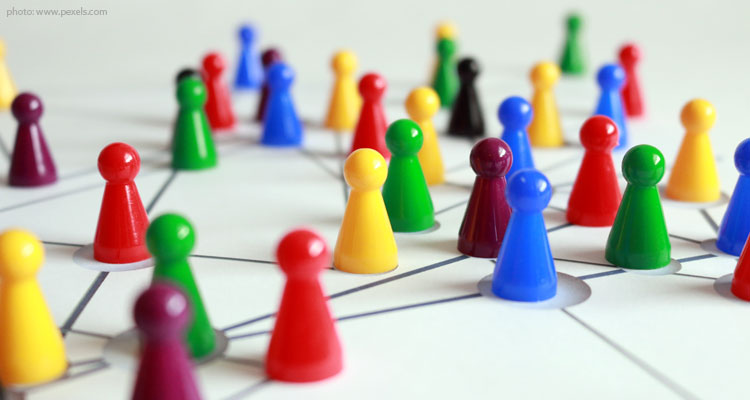Facing up to biometric surveillance
- Turning the Wight’s blue rinse tide into a sea of red - 20th August, 2024
- Are you emergency ready? - 20th June, 2024
- Will YOUR face fit in the digital future? - 17th June, 2024
How many of you carry a photo of a loved one? An actual printed photograph of your child, significant other or adored pet; paper curling at the edges perhaps, but the twinkle in their eye still visible.
It’s more likely that your pictures are stored on your smartphone, or uploaded to a server; images of you, your family and friends swilling around the cloud. Candid holiday snapshots in swimwear. That unflattering selfie you thought you’d deleted; a grotesque portrait displaying more chins than the Hong Kong phone book.
Our faces might exist in cyberspace, but they still belong to us – don’t they?
Until recently, Facebook (and other image-wrangling software) allowed us to tag those known to us in photos. In doing so, we unwittingly helped train and improve facial recognition algorithms. By installing front-facing cameras to our phones, companies have warmed us up to the seemingly helpful concept of using our faces as a key; we can passively unlock our devices without the need to remember yet another pesky number or password.
Many of you might be indifferent to, or even advocate for, a national visual identification system, citing “if you have nothing to hide, what’s the harm?” Biometric COVID-19 vaccination passports may come into this category.
But what if you simply fancy going off-grid and buying an indulgent bar of chocolate, flowers for your clandestine lover, or a tot of alcohol without being digitally captured. It’s much harder than it seems.
My own face displayed incredulity the other day when, in the supermarket at the self-checkout I realised it wasn’t just my groceries which were being scanned. As I looked up from the basket, I saw my wide eyes staring back at me from a screen above the till. What was going on? Why was my mundane transaction on camera, then projected back at me by intrusive technology?
In the Before Times, you could go to a shop, take an item to the till and pay cash – all steps anonymous. No ‘loyalty’ card marketing analysis; no contactless banking to leave a trail of digital breadcrumbs – and certainly not an unconsented image of my shopping face.
Supermarkets say facial recognition technology allows them to minimise the impact of crimes and improve safety for staff. The Information Commissioner’s Office is rightly concerned about the private sector operating this technology in a quasi-law enforcement capacity; privately-run surveillance systems in shops are not necessarily affiliated to the police.
It begs the question, if fingerprint and face identification data must be collected, is it better to be by the police or private companies? How about the council, or social media platforms?
I can remember when Big Brother’s all-seeing eye was the stuff of science fiction, yet this week I learned that in North Ayrshire children queueing for their school meals are only fed once their compliant face has been scanned and verified by the robot dinner lady. Normalising children to biometric surveillance for such a commonplace transaction? I’m not sure I can face it.
This article first appeared in print in the Isle of Wight County Press on 12 November 2021 and also online.





